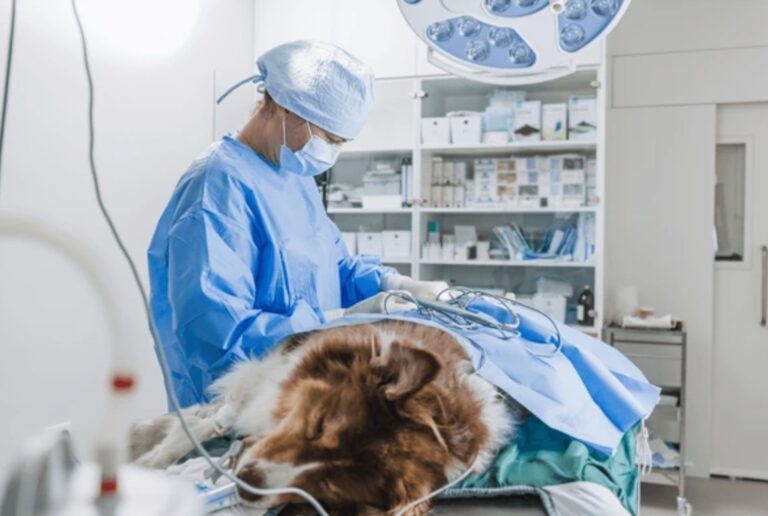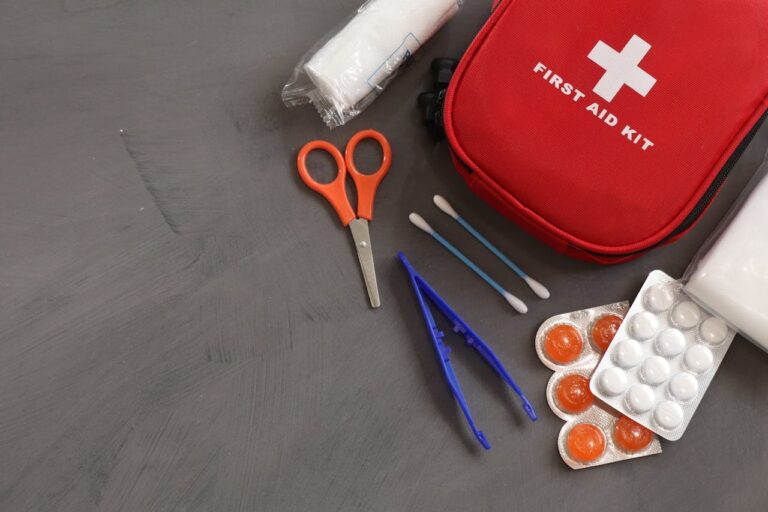
In recent years, miniature livestock has grown in popularity among hobby farmers, homesteaders, and animal lovers alike. Whether you’re looking to start a small farm, add charm to your property, or simply want a unique pet, two adorable options often stand out: mini moos (miniature cows) and mini horses. But how do you decide between them? Both have their appeal and particular care requirements. This guide will help you compare the two and choose the tiny livestock that’s right for you.
Understanding Mini Moos
Mini moos, also known as miniature cows, are not just baby cows—they are a smaller breed that remains small throughout their lives. Typically standing between 36 and 42 inches tall at the hip, mini moos for sale weigh around 500 to 700 pounds, depending on breed and gender.
Pros of Mini Moos:
• Gentle and calm temperament: Many mini cow breeds are known for their docile nature, making them easy to handle and great for families with kids.
• Milk production: Certain breeds, such as the Miniature Jersey or Miniature Dexter, can produce milk daily, just in smaller quantities—ideal for personal use.
• Low feed requirements: Being smaller in size means mini moos consume significantly less feed than standard cows, reducing ongoing costs.
• Excellent for small farms: They require less space and are generally easier to manage than their full-sized counterparts.
Cons of Mini Moos:
• Limited availability: It can be difficult to find reputable breeders with mini moos for sale, and transportation may be costly.
• Health considerations: Like all livestock, they require vaccinations, regular veterinary care, and proper shelter.
• Fencing and shelter: Though they’re small, they still require strong fencing and shelter appropriate for bovines.
Understanding Mini Horses
Miniature horses are bred to retain the appearance and proportions of full-sized horses but in a compact form, usually standing under 34 inches tall at the withers. They are intelligent, trainable, and make excellent companions.
Pros of Mini Horses:
• Trainability and intelligence: Mini horses are often trained to pull small carts, participate in agility events, or serve as therapy animals.
• Friendly and sociable: They tend to be very social, making them great for interaction with both children and adults.
• Smaller space requirements: While they need a pasture to roam, mini horses can adapt to smaller spaces better than full-sized horses.
• Companionship: Their affectionate nature makes them a favorite for those seeking emotional support animals.
Cons of Mini Horses:
• Not ideal for riding: Unlike ponies, mini horses are too small to be ridden by most children, so their use is mostly for companionship or driving.
• Sensitive hooves and legs: Their tiny size can make them prone to hoof problems if not cared for properly.
• Grooming and upkeep: Like any horse, they need regular grooming, farrier visits, and parasite control.
Comparing Their Needs
| Feature | Mini Moo | Mini Horse |
|---|---|---|
| Size & Weight | 36–42 inches, 500–700 lbs | Under 34 inches, ~150–300 lbs |
| Space Required | Moderate | Moderate to Low |
| Feed Consumption | Moderate | Lower |
| Milk Production | Yes (certain breeds) | No |
| Trainability | Low to Moderate | High |
| Companion Animal Quality | High | Very High |
| Grooming Needs | Low | High |
| Common Use | Milk, farm animal | Companion, therapy, driving |
Which Is Right for You?
Choose a Mini Moo If:
• You’re looking for a productive animal (milk, manure).
• You want livestock that can live comfortably on a few acres.
• You’re interested in small-scale homesteading.
• You’re ready to provide bovine-specific care.
Keep in mind that mini moos for sale can be harder to locate than other livestock, so plan ahead and look for reputable breeders or farms with experience in mini cow care.
Choose a Mini Horse If:
• You want an interactive companion that’s highly trainable.
• You’re interested in driving, shows, or therapy work.
• You’re looking for a pet with horse-like characteristics but smaller needs.
• You have children or individuals with special needs who could benefit from animal-assisted therapy.
Finding a mini horse for sale is generally easier than locating mini cows, as they are more widespread and have a longer history of domestication and breeding.
Also Read: What To Expect At Your Pet’s First Vet Visit
Final Thoughts
Miniature livestock adds a delightful charm to any property. Whether you choose a friendly mini horse for sale or a cuddly mini moo for sale, the decision ultimately depends on your goals, your space, and how much time you’re willing to invest in care and companionship.
Before making a decision, visit local farms, speak to miniature livestock owners, and consider your long-term plans. Both mini moos and mini horses have their place in a small farm or rural setting, and either one can be a rewarding addition to your family.







